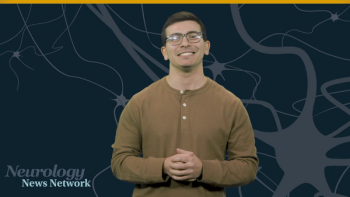
Neurology News Network for the week ending January 7, 2022. [WATCH TIME: 4 minutes]

Neurology News Network for the week ending January 7, 2022. [WATCH TIME: 4 minutes]
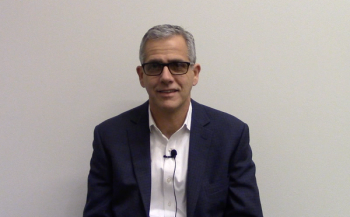
The executive vice president of Global Head of Research and Development at Jazz Pharmaceuticals, spoke on the results from the BECOME study presented at the 2022 AES Conference. [WATCH TIME: 6 minutes]
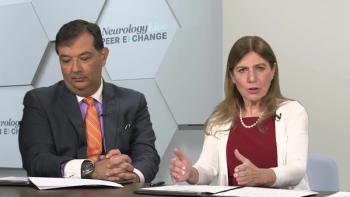
Dr Cohen emphasizes the importance of engagement of primary care physicians in identification of Alzheimer’s disease symptoms and pathology.
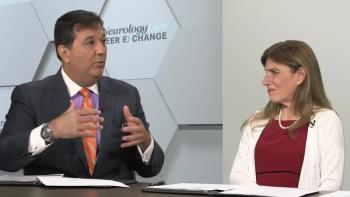
Dr. Atri discusses his approach to diagnosis and Dr. McDade updates on the use of tau-PET for diagnosis of Alzheimer’s disease.
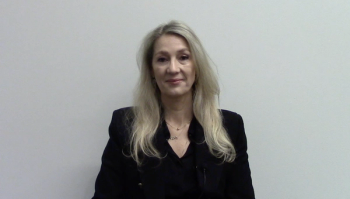
The professor of neurology at the University of Toronto talked about 3 conditions that were discussed during the epilepsy therapies symposium at the 2022 AES Conference. [WATCH TIME: 5 minutes]
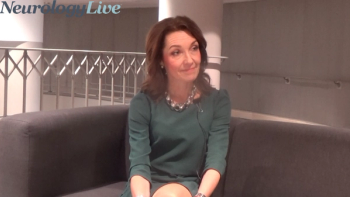
The professor of clinical geriatric epidemiology at Karolinska Institutet discussed strategies for lowering the risk of Alzheimer disease, and the new ways to approach prevention. [WATCH TIME: 4 minutes]

The professor of neurology at the University of Toronto spoke at the 2022 AES Conference about genetic approaches to comorbidities for patients with epilepsy. [WATCH TIME: 5 minutes]
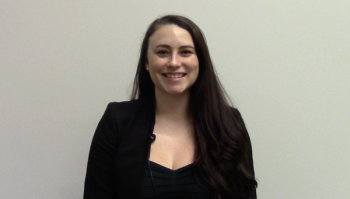
The director of research at the TSC Alliance spoke with us at the 2022 AES Conference about future research to be conducted on patients with TSC such as the PREVeNT trial. [WATCH TIME: 6 minutes]
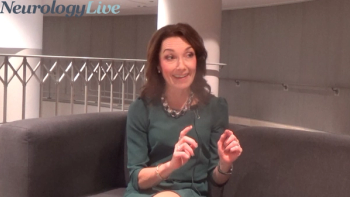
The professor of clinical geriatric epidemiology at Karolinska Institutet discussed a subgroup analysis of the FINGERS trial and the clinical utility of the precursor to serum brain-derived neurotrophic factor. [WATCH TIME: 3 minutes]
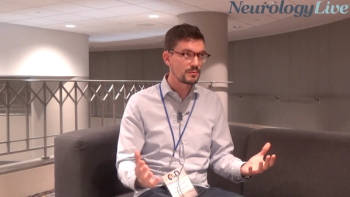
The cognitive and behavioral neurology fellow at Pitié-Salpêtrière Hospital in Paris, France, provided perspective on the reasons to not solely rely on anti-amyloid treatments to treat Alzheimer disease. [WATCH TIME: 3 minutes]
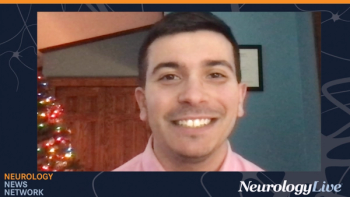
Neurology News Network for the week ending December 31, 2022. [WATCH TIME: 3 minutes]
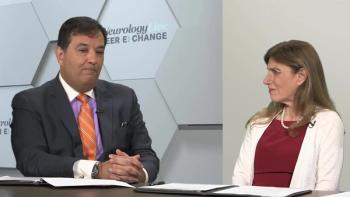
Dr Atri shares his excitement about ongoing research and the use of biomarkers and imaging for management Alzheimer’s disease.
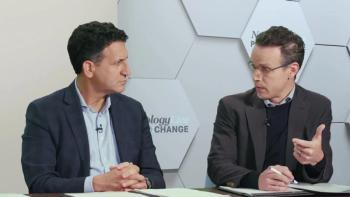
Drs McDade and Sabbagh discuss heterogeneity in Alzheimer’s disease and structural polymorphism and genetic mosaicism seen in patients.
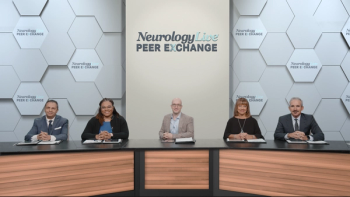
Stephen Krieger, MD; Daniel Bandari, MD, MS; Bruce Hughes, MD; Mitzi Williams, MD; and Heidi Crayton, MD, provide key takeaways for the treatment of patients with multiple sclerosis.
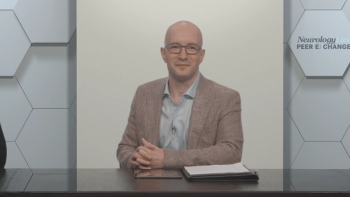
A panel of experts discuss COVID-19 vaccine efficacy for patients undergoing treatment for multiple sclerosis.
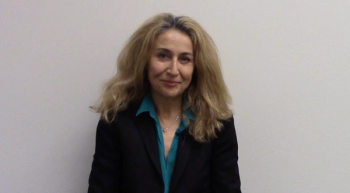
At the 2022 AES annual meeting, the associate professor at Harvard Medical School and neurologist at the Brigham and Women's Hospital talked about sleep testing for patients with epilepsy. [WATCH TIME: 3 minutes]
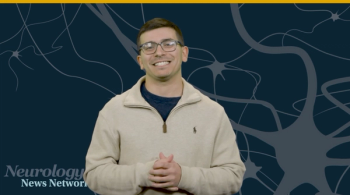
Neurology News Network for the week ending December 24, 2022. [WATCH TIME: 4 minutes]
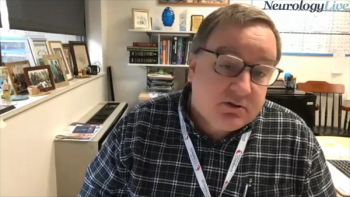
The director of the Tuberous Sclerosis Clinic at Cincinnati Children’s discussed the neurodevelopmental impacts delaying seizures could lead to in tuberous sclerosis complex. [WATCH TIME: 2 minutes]

The associate professor at Harvard Medical School and neurologist at the Brigham and Women's Hospital spoke about sleep disorders and epilepsy in adults at the 2022 AES annual meeting. [WATCH TIME: 5 minutes]
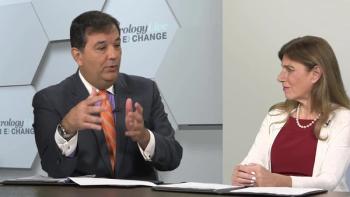
Drs Atri and Cohen discuss biomarkers for Alzheimer’s disease and the challenges in their use in routine practice.
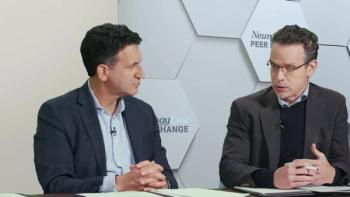
Four Alzheimer’s disease expert discuss our current understanding of Alzheimer’s disease pathology and the presence of amyloid and tau pathologies in patients.
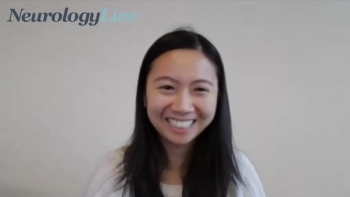
The neuropsychologist at Rutgers University, in New Brunswick, New Jersey, spoke about the different types of nonpharmacological digital interventions for multiple sclerosis. [WATCH TIME: 4 minutes]
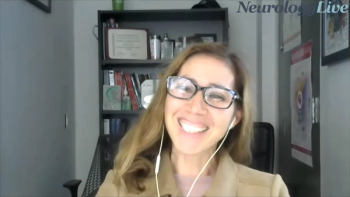
The director of the Headache Center at Allegheny Health Network provided perspective on the process of identifying a patient with chronic migraine and initiating a proper treatment plan. [WATCH TIME: 7 minutes]
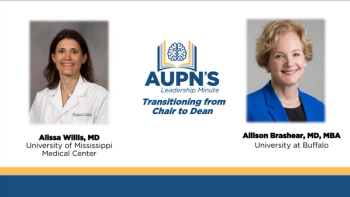
Episode 29 of the AUPN Leadership Minute features Alissa Willis, MD, of University of Mississippi Medical Center; and Allison Brashear MD, MBA, of University at Buffalo. [WATCH TIME: 5 minutes]
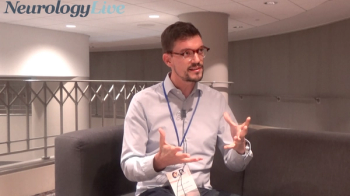
The cognitive and behavioral neurology fellow at Pitié-Salpêtrière Hospital in Paris, France, provided background on a study presented at CTAD 2022 assessing the efficacy of prominent, up-and-coming anti-amyloid therapies. [WATCH TIME: 7 minutes]
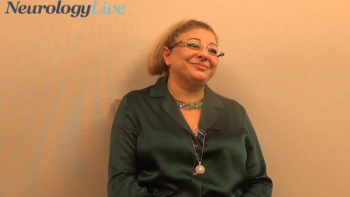
The chief medical officer of Alzheon detailed the phase 2 safety findings of ALZ-801, and the lack of amyloid-related imaging abnormalities observed. [WATCH TIME: 3 minutes]
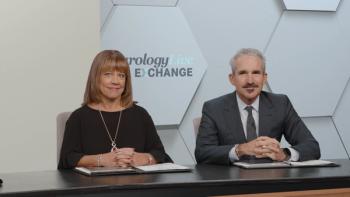
An expert panel considers patients with multiple sclerosis who may need to discontinue treatment during pregnancy.

Stephen Krieger, MD; Daniel Bandari, MD, MS; Bruce Hughes, MD; Mitzi Williams, MD; and Heidi Crayton, MD, review data on short-term interruption of ponesimod vs teriflunomide when treating multiple sclerosis.
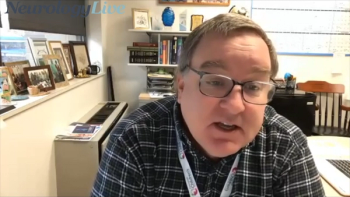
The director of the Tuberous Sclerosis Clinic at Cincinnati Children’s provided background on the idea of TSC Steps, a trial designed to assess whether early intervention with sirolimus could significant impact disease course of tuberous sclerosis complex. [WATCH TIME: 5 minutes]
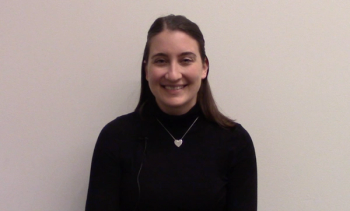
The pediatric neurologist and epileptologist at the University of Michigan's Mott Children's Hospital spoke at the 2022 AES conference about disparities that currently exist in epilepsy care. [WATCH TIME: 4 minutes]